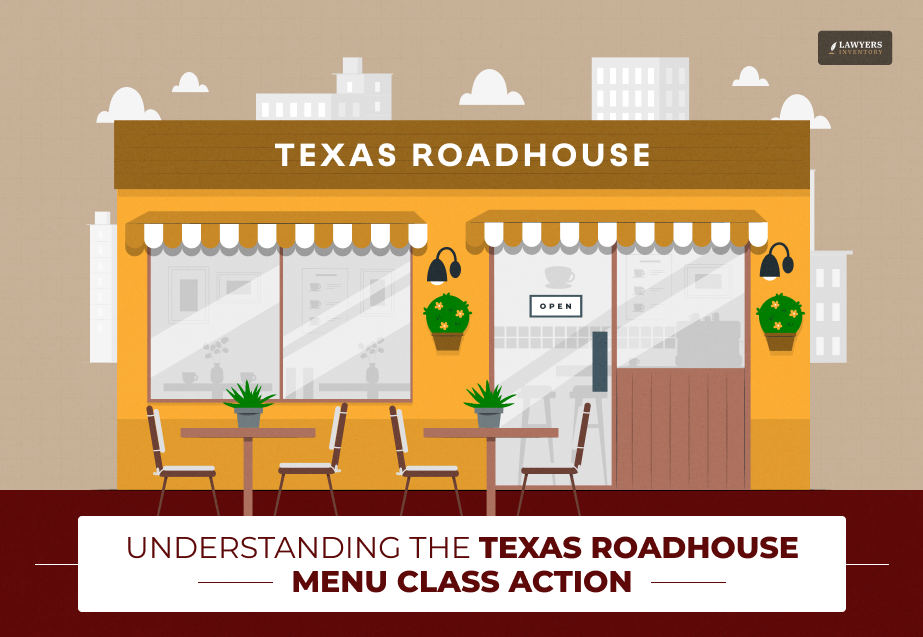
Many diners love a good steak and those famous rolls. However, a recent legal development has brought attention to what’s on the menu-and what isn’t. Consumers are now interested in knowing more about what went about in the 2017 lawsuit, its developments and final result. So, let us talk about the “Texas Roadhouse menu class action”.
That suit alleges the restaurant chain misled customers about some popular menu items. This is something you should know if you have been eating at Texas Roadhouse recently. This guide breaks down the allegations, the legal status, and what consumers should do next.
“A proposed class action lawsuit has raised significant concerns about the labeling and marketing practices surrounding certain menu items at Texas Roadhouse. The crux of the proposed lawsuit revolves around the claim that the popular restaurant chain has misled consumers by failing to adequately disclose the true nature and ingredients of some menu items,” according to Top Class Actions.
What Are The Allegations In The Texas Roadhouse Menu Class Action?

The gist of the proposed class action against Texas Roadhouse is that its menu descriptions are deceptive or misleading. Much emphasis was placed on ingredient transparency and the accuracy of portion size.
The named class representatives argued that the items served did not match their advertised description or value. This, of course, is one of the major assertions under consumer protection laws.
Deceptive Ingredient Claims
The complaint in this case involves how Texas Roadhouse described some ingredients on their menu. When a consumer is reading a menu, they expect something to be real. For example, the Texas roadhouse menu class action alleges that items labeled as using one premium ingredient may use a cheaper substitute.
This directly impacts perceived consumer value and trust earned from the consumer. Also, the preparation and ingredients must be presented exactly as stated in the menu text.
Consumers Pay For Quality And Transparency
Always question portion size and pricing.
Another main component of the class action against the Texas Roadhouse menu is a misrepresentation of portion sizes. The complaint alleges that some advertised sizes or discounted prices were deceptive. When a customer places an order for a certain portion size, they rely on the accuracy of the menu.
If the actual serving size regularly falls short of the amount advertised, it breaches consumers’ expectations. That’s where the class action against Texas Roadhouse comes in.
“The case dragged on for years until it finally ended with a mistrial. In 2017, rather than continue fighting, you know, the Texas Roadhouse decided to settle the matter and agreed to pay $12 million in settlement of the claims. Though there were many people involved in this lawsuit who didn’t have anything to do with the money, they just wanted the Texas Roadhouse to make reforms, and that is what this lawsuit actually achieved.”
– Texas Roadhouse Lawsuit: Age Discrimination, Menu Controversy & $12M Settlement
The big issue here is that the customers paid for certain merchandise described in an advertisement. If that description was not true, then that customer sustained some form of economic injury.
This class action Texas Roadhouse menu lawsuit aims to recover losses on behalf of a large number of diners.
Status And Context Of The Texas Roadhouse Menu Class Action
This litigation is in its early stage. A law firm filed a complaint to initiate the class action. Now, they seek out other people who consider themselves to be harmed due to the alleged misrepresentations.
The Litigation Timeline
The proposed class action settlement regarding the Texas Roadhouse menu must overcome numerous legal hurdles before it can be certified.
First, the court must accept that the case is fit for a large group of plaintiffs. In the present timeline, the defendant Texas Roadhouse formally responds to the allegations. After this, the court makes its decision on the question of class certification; this may take several months.
The current action is one step toward the goal of holding major corporations accountable for marketing claims.
A Look At Texas Roadhouse’s Prior Legal History
This is not the first high-profile litigation against the restaurant chain. In 2017, Texas Roadhouse reached a settlement in a major age discrimination class action brought by the EEOC.
That fact of past history shows the company has experience dealing with large-scale lawsuits. As such, the Texas Roadhouse menu class action falls within an extensive history of consumer and employment rights issues against large restaurant chains.
According to Pro Publica, this fact makes it relevant to any observers of the current Texas Roadhouse menu class action.
What The Texas Roadhouse Menu Class Action Means To Diners
The putative Texas Roadhouse menu class action is a reminder of at least one cardinal consumer right: a right to truth in labeling. Consumers have a right to know exactly what they are purchasing and consuming.
Your Rights To Menu Transparency
It is in this regard that federal regulations by entities such as the FDA have been put in place to ensure that specific food service establishments provide accurate nutrition and ingredient information. Inaccurate menus undermine these regulatory efforts.
The class action views Texas Roadhouse, therefore, as failing to live up to that standard.
Consumers have every right to know that they have the power to question misleading business practices. That is indeed the object of a consumer protection suit.
The object of the Texas Roadhouse menu class action is to ensure that corporate honesty prevails, and that future menus are accurate.
“The evidence demonstrates that the Company’s hiring, promotion, and recruitment practices violate state and federal law. The evidence also demonstrates that the Company has prioritized unlawful diversity, equity, and inclusion programs and policies over shareholder value- the complaint alleged,” according to Fox Business.
Texas Roadhouse Class Action Lawsuit- Who Can Become A Member?
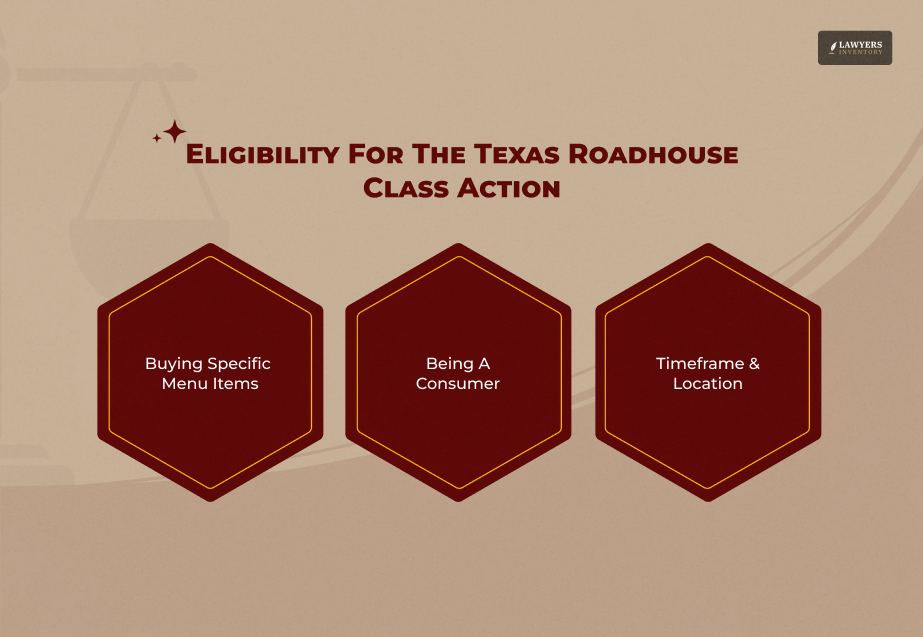
You could be eligible if you consumed food at Texas Roadhouse and ordered the distinct menu items named above in the complaint. In general terms, eligibility might depend on:
Date Range
Did you buy the product within the time that is covered by this suit?
Location
Did you dine at a location covered by the class action?
Damages
Did you suffer financial injury due to your reliance on the misleading menu description?
Individuals who feel they were misled by the menu will have to closely follow the Texas roadhouse menu class action. After the court certifies the class, notices will be sent to the class members regarding how to join or opt out.
How Consumers Can Protect Themselves And Document Claims
If you believe that any menu misrepresentation occurred, know there are some things you can do to help protect your potential claim in the Texas Roadhouse Menu Class Action. As with any lawsuit, documentation is one of the most crucial elements.
Key Evidence Gathering
You must act now to gather information and evidence of your visits, as it may be the making or breaking of a class action claim.
Key documentation and evidence includes:
Receipts
Always have physical or digital receipts of your transactions, as they stand as proof of the date, location, and the price you paid for the disputed item.
Menu Photos
If you still have, from your visit, pictures of the menu, then keep them safe. This evidence gives the exact description you relied on when ordering.
Bank Records
You can use a credit card or bank statements to prove the transaction in case you lost the original receipt.
Notes
Write a detailed note about your visit in the provided space. Mention specifically the menu description and why you think it did not live up to its promise.
Understanding The Urgency Of The Moment
For these claims, statutes of limitations apply. This means you have a limited time to join the Texas Roadhouse menu class action. If the class is certified, you could be included automatically. However, you may make certain your interests are recorded by reaching out to the law firm early on.
Your best defense is vigilance regarding the progress of the Texas Roadhouse menu class action.
Industry Context And Consumer Best Practices
The class action lawsuit over the Texas Roadhouse menu is part of a larger trend. Consumers are pushing back against menu opacity across the restaurant industry. Several chains have faced similar claims about the authenticity or preparation of their food.
The Need For Clarity In Menus
This class action sends a strong message to the entire food service industry: menus must reflect, accurately and truthfully, the product being sold. Consumers should not have to ask about portion size or main ingredients.
At the end of the day, litigation compels better corporate behavior.
Simple Tips For Diners
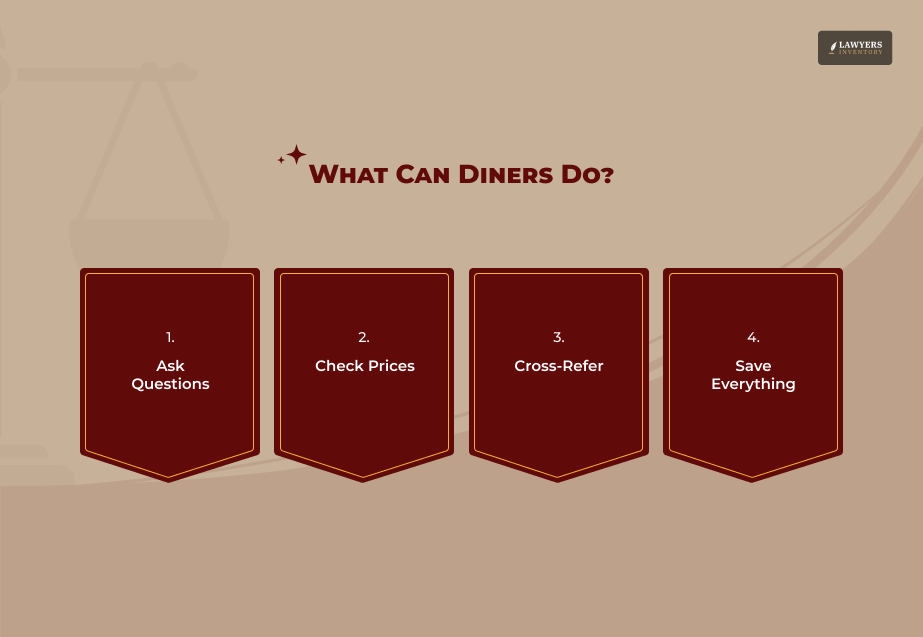
Until the lawsuit is settled, diners should view all restaurants with skepticism. Here are a few basic best practices that can help you protect your interests:
Ask Questions
If you are ever unsure where something was sourced or about how it is prepared exactly, never hesitate to ask your server.
Check Prices
Make sure the menu price agrees with your bill. When there are special promotions on orders, one needs to be extra careful.
Cross-Reference
If dining at a chain, quickly verify the in-restaurant menu against the online menu. They should match perfectly.
Save Everything
If a dish looks dramatically different from the description, take a photo and keep your receipt. That information could be crucial later in the Texas Roadhouse menu class action.
Frequently Asked Questions (FAQs):
This class action’s result regarding the Texas Roadhouse menu will set a precedent in the future regarding truth-in-menu laws. Quite honestly, customers deserve to know the truth on every menu item.
Typically, you do not pay any legal fees upfront for joining a Texas Roadhouse menu class action. Class action attorneys work on a contingency fee basis.
This means that attorneys take a percentage of the final settlement or judgment amount. In cases where an individual loses, generally, nothing is owed; however, in instances where the class action is successful, the court approves fees that are deducted from the total award amount.
Most complex consumer class actions, like this proposed Texas Roadhouse Menu Class Action, take time. The resolution to these usually takes several years.
Actually, it often takes anywhere from two to five years or even longer, including time for discovery, hearings on certification, settlement negotiations, and final court approval of a class action settlement. If involved with the Texas Roadhouse Menu Class Action, you need to be prepared to wait.
Compensation can vary greatly, of course, based on the terms of the settlement. Major class action cases of this sort, such as that involving the Texas Roadhouse menu, often have very small cash refunds or even simply vouchers for future purchases at the offending restaurant.
The compensation thus reflects the small per-person loss from the putative misrepresentation on the menu. This hopefully provides economic recovery to all customers affected, regardless of the size of the loss.







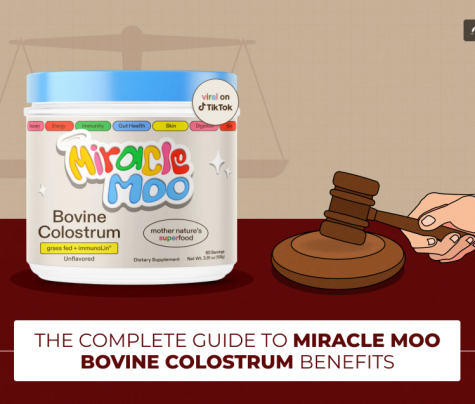
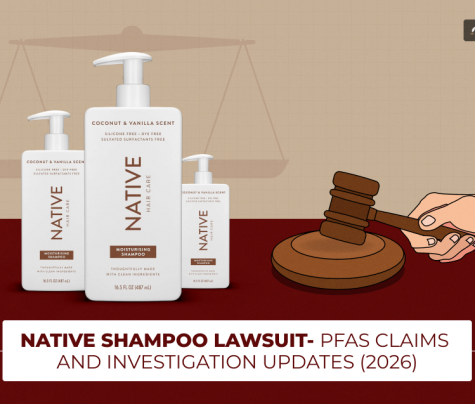



0 Reply
No comments yet.